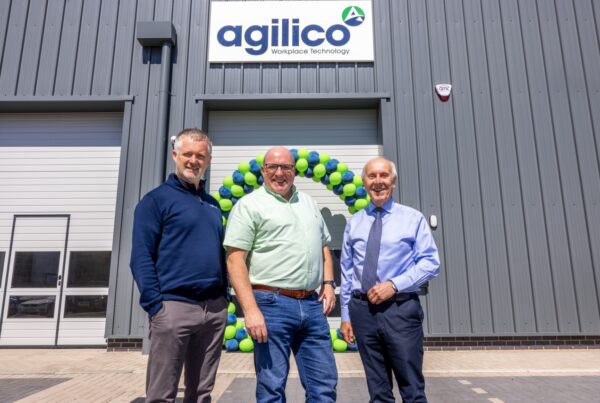An agile organisation is one that can readily adapt to changing circumstances, rapidly reassess and respond to changing supply and demand situations, and innovate to challenge and change the dynamics of the market places and sectors in which they choose to work.
Agile organisations share with their partners, and integrate employees, contractors, customers and suppliers in developing knowledge and skills. They focus on value and outputs and are characterised by trust, delegation and partnership. Above all they understand that “People are the Organisation“ and embrace this fact.
The mature, regulated, socially responsible western economies today face unregulatedemerging, BRIC and“tiger economies“ in increasingly competitive Global market places. This coupled with the current global financial and trading dynamics mean that all organisations, public and private alike, face unprecedented tough economicpressures, performance and service challenges. However, the pace, unpredictability and scale of change is the greatest challenge for organisations today, and this makesthefocus on corporate agility paramount. Organisations must become agile – work, think, innovate and operate in agile ways – if they are to survive and thrive in the current challenging environment.
As Nike CEO Mark Parker says “business models are not meant to be static. In the world we live in today, you have to adapt and change. One of my fears is being this big, slow, constipated, bureaucratic company that’s happy with its success. That will wind up being your death in the end.“
Time for everyone to embrace the Agile Agenda:
View work as an activity not a place,
Focus on performance not presenteeism,
Create trust based relationships not hierarchies,
Embrace innovation rather than bureaucracy, and
Value people more than property.



